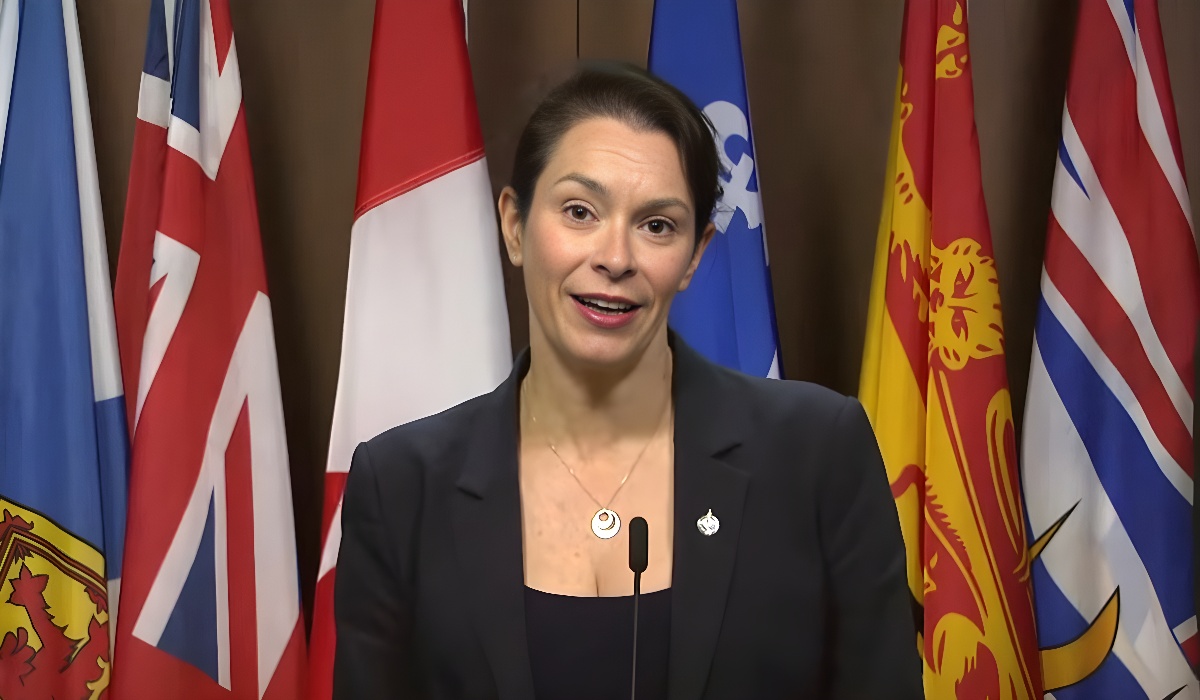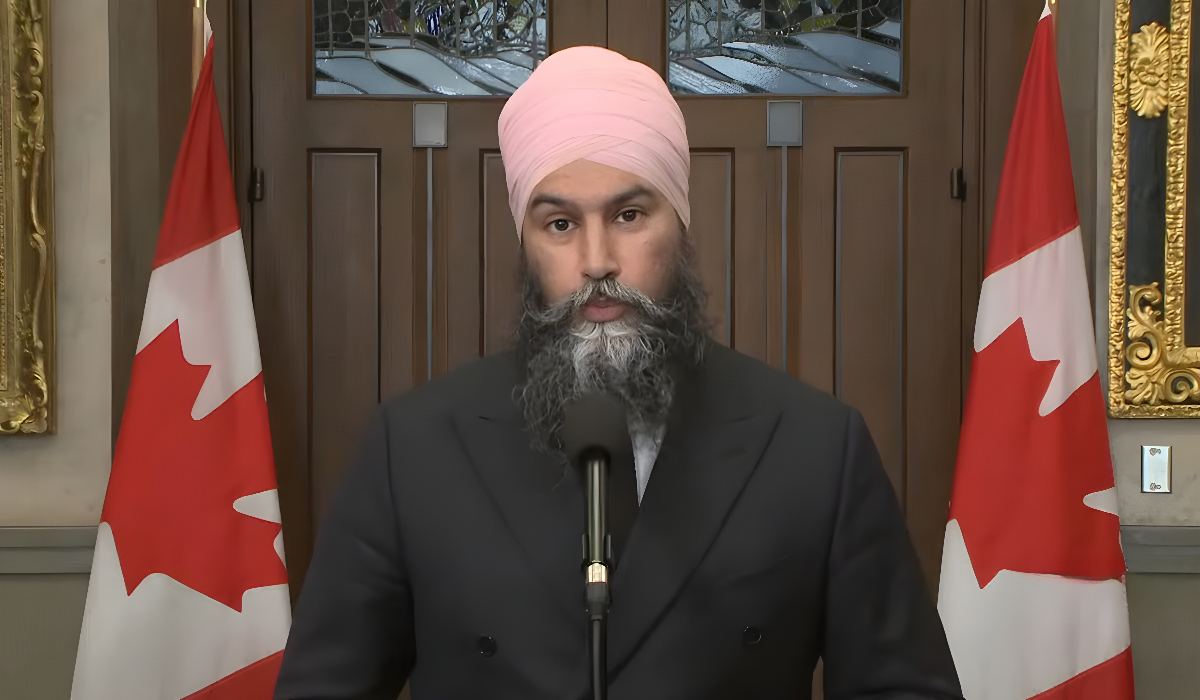Beyond Liberal Causes: The Need for a Fresh Face in the Ministry of Foreign Affairs
Canada’s foreign policy ship is weathering a storm of discontent. Under the captaincy of Prime Minister Justin Trudeau, the Liberal government steers towards familiar harbours of unwavering alignment with the United States, a course drawing increasing scrutiny and criticism. In this churning sea of uncertainty, a lone voice rises from the opposition – the New Democratic Party (NDP) – urging a sharp turn towards independent actions guided by Canadian values, not the agendas of other nations.
The Achilles heel of Trudeau’s administration glistens under the harsh glare of international scrutiny. Unwavering support for Israel despite potential genocide findings in Gaza, by the International Criminal Court, coupled with hesitant calls for ceasefire amidst child casualties, raises questions about Canada’s commitment to human rights and its willingness to stand up for its principles when they clash with geopolitical interests. Furthermore, the uncritical deployment of Canadian troops to the Red Sea quagmire, a conflict fueled by complex alliances and seemingly unwinnable, exposes the nation to unnecessary risks and fuels anxieties about being drawn into another endless war.
Maybe it’s time Canadians have a voice of reasoning, offering a fresh perspective and a bold alternative in the Ministry of Foreign Affairs. Prime Minister Trudeau should appoint Heather McPherson, MP for Edmonton Strathcona and the NDP’s Deputy Whip; Critic of Foreign Affairs, as his new Minister. Replacing the current Foreign Affairs Minister Melanie Joly with McPherson would signify a break from the status quo, a deliberate move away from perceived subservience to the US and a commitment to charting an independent course for Canada. In the eyes of many Canadians, US Secretary of State Anthony Blinken is Canada’s Minister of Foreign Affairs by proxy.
This proposal, though unconventional, is not without precedent. There are no inherent roadblocks preventing a member of the opposition from assuming a cabinet position. Such a move would signal a willingness to prioritize Canada’s interests and values over partisan politics, a much-needed change in direction in the face of mounting public dissatisfaction with the current approach.
But beyond the pragmatic benefits, replacing Joly with McPherson represents a profound shift in philosophy. It embodies a commitment to prudence and independence in navigating the treacherous waters of the global stage. It is a clarion call for a foreign policy guided by Canada’s unique values of peace, diplomacy, and multilateralism, not by the drums of war echoing across the border.
The choice is stark: will Canada continue to drift along with the US, tethered to the White House and risking uncharted and treacherous waters? Or will it heed the NDP’s siren song and veer towards a future based on autonomy and a steadfast commitment to its own principles? This decision will have far-reaching consequences, shaping not only Canada’s place in the world but also its identity as a nation.
The recognition by the House of Commons in 2023 of the genocide against Ukrainians perpetrated by Russia adds further complexity to this debate. While Trudeau acknowledged the importance of openly discussing and using the term “genocide” in this context, his government’s hesitancy to apply the same language to the situation in Gaza exposes inconsistencies that fuel criticism and call into question Canada’s commitment to human rights across the board.
The complexities of navigating official processes around determinations of genocide, as emphasized by Trudeau, further highlight the need for a nuanced, principled and consistent approach to acts of atrocities. However, the juxtaposition of Canada’s responses to Ukraine, Russia, and Gaza raises troubling questions about the consistency of the government’s stance on genocide and its implications for Canada’s global image.
Ultimately, the challenge for Canadian policymakers lies in striking a delicate balance between recognizing and addressing atrocities while acknowledging the geopolitical complexities of each situation. This requires a foreign policy that is not only principled but also flexible, capable of adapting to the ever-changing landscape of global affairs without compromising on core values.
“Is Canada content to be a shadow, echoing another nation’s steps on the world stage? Or is it time to reclaim its autonomy, forge its own path, and shine as a beacon of peace and prosperity?”









